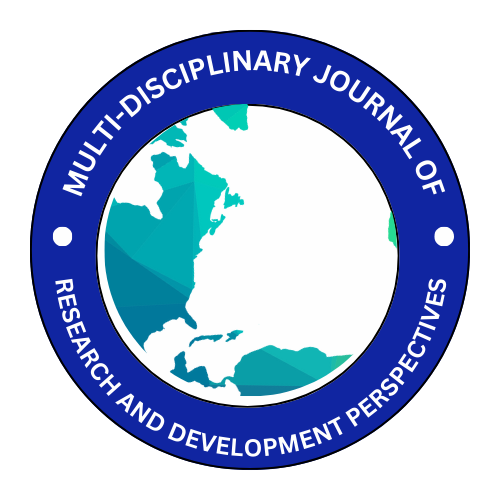BENEFITS AND CHALLENGES OF ACADEMIC LIBRARY DECENTRALISATION IN NIGERIAN UNIVERSITY SYSTEM: THE NEED FOR SOCIAL POLICY LEGISLATION
Author(s): ANTIGHA O. BASSEY, UMO ANTIGHA BASSEY, ESSIEN COBHAM UZOH, CHRISTIANA A. USHIE
Institute(s): 1 Department of Sociology University of Calabar; 2 Department of Library and Information Science University of Calabar; 3 Department of Social Work University of Calabar; 4 Department of Environmental Education University of Calabar
Volume 10 / Issue 2
Abstract
Decentralisation of academic library brings about many gains which include; accessibility and proximity, ease of usage, relief and decongestion to central library, specialization, satisfaction of accreditation requirements, and standardization of service. Structure of decentralization in Nigeria university libraries include full, partial and mixed method of decentralization. Objects and structure of decentralization were also revealed in an exploratory analysis following system framework. Data used were entirely secondary. It was concluded that decentralization benefits cannot be derived without challenges in terms of cost, administrative difficulties, wastage and duplication, inadequate manpower, lack of physical space, facilities and security challenges. It was recommended that proprietors of public universities in Nigeria being the federal and state government should amend public university Acts and provide social policy framework in which benefits of decentralized academic library system will be achieved without destroying coordination, control and industrial harmony in terms of adopting full decentralization in small institutions and mixed method in complex institutions.
Number of Pages: 15
Number of Words: 4501
First Page: 43
Last Page: 57
